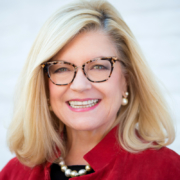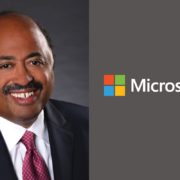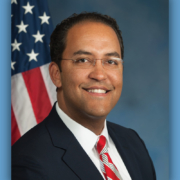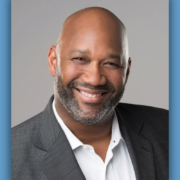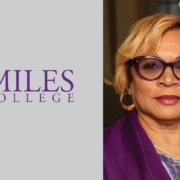Change: You can be the Beacon to Illuminate the Path to Racial Justice
Recent tragedies have shined a light on the racial injustices that still exist in our society. The horrific and tragic death of George Floyd has lit a fire that sparked a movement in our country. In the wake of George Floyd’s death, a unified force has emerged. People from different communities, and of all colors and backgrounds, have joined together in demand of the same goal: change.
Our country was founded on the promise of The American Dream, a set of ideals that promotes equal opportunity for all Americans to pursue their dreams; our country still has a long way to go to live up to that promise. The harsh reality is that racism and injustice are still rampant in the U.S. – even decades after the Civil Rights Movement. Change is long overdue. The time for change is now.
As a Southern woman, I am often tempted to block out some of the people I grew up with especially when their views widely differ from my own. I stop myself because I may be the only beacon of light that could illuminate a path for them to embrace change. I want to embrace that change and help others along the way.
Over the past month, I have reached out to friends from across the spectrum searching for ways to become a more meaningful ally. Everyone has good advice. I’ve finally settled on embracing “intention” as my guiding light.
We must be intentional in our efforts to root out racism and injustice from our communities and country. It starts by opening your doors and resetting your tables. Open the employment doors for those just starting and give them growth opportunities. Open the doors for leadership in your organization. Advocate for diverse boards — whether corporate or philanthropic. Exposing yourself to a multitude of cultures and thoughts will do wonders for your bottom line and your character.
Make room at your tables — Whether it’s the conference table at your office or the dinner table at your home. Providing an environment for everyone to have exposure to a variety of perspectives will make your company stronger and your life richer.
By creating a diverse environment around you, your family and your colleagues, you can begin to truly understand the challenges that people in our country still face. We must then be intentional as we pursue solutions together to address those challenges. There is no easy fix, but together, we can change the course of history. We will need the support of our friends, family, community leaders, the business community, education institutions and government officials. It will need to be a collaborative effort.
Each one of us must take stock of ourselves and honestly assess how and where we can do better. Amidst the tragedy, we have seen a glimmer of hope for our future and the path forward to racial justice. Communities across the nation have joined together, as one unified voice, to take a stand against racism and injustice, and call for action and meaningful reform. In this month’s edition, we will hear unique perspectives from business and education leaders on how our country can move forward on the path to racial justice.
–Gloria Story Dittus, Chairman, Story Partners

